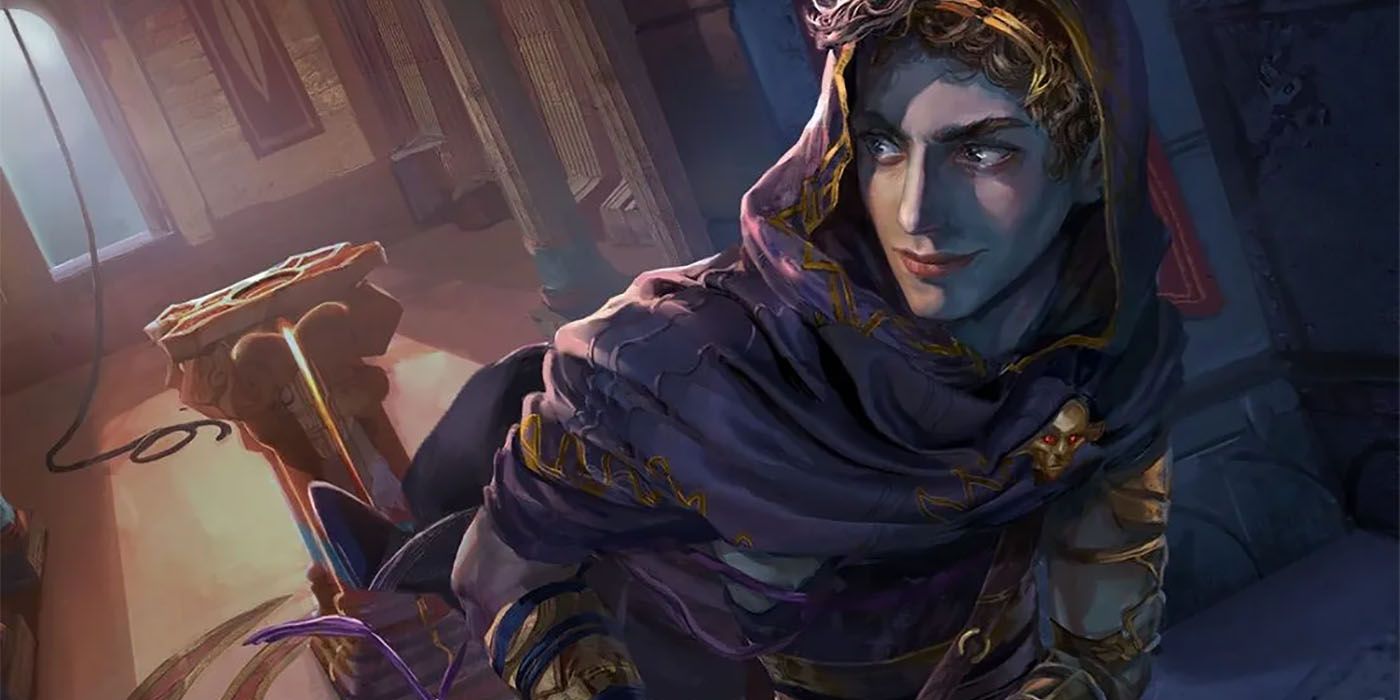Wizards of the Coast (WotC) revealed its updated Dungeons & Dragons OGL 1.2, confirming the deauthorization of OGL 1.0 and replacing it with a Creative Commons license.
The decision comes after mass protests from D&D fans and creators who wanted the company to keep the original OGL intact. However, as WotC explained, the new Creative Commons acts as the original OGL and keeps the control of DnD's core rules out of its hands. "Creative Commons is a nonprofit dedicated to sharing knowledge, and it developed a set of licenses to let creators do that," explained Executive Producer for Dungeons & Dragons Kyle Brink in a blog post to D&D Beyond. "The Creative Commons license we picked lets us give everyone those core mechanics. Forever. Because we don't control the license, releasing the D&D core rules under the Creative Commons will be a decision we can never change."
What's in WotC's DnD OGL 1.2?
The specific clause for the Creative Commons reads, "The core D&D mechanics, which are located at pages 56-104, 254-260, and 358-359 of this System Reference Document 5.1 (but not the examples used on those pages), are licensed to you under the Creative Commons Attribution 4.0 International (CC BY 4.0). This means that Wizards is not placing any limitations at all on how you use that content." In essence, third-party creators could still manufacture products based on the core rules of D&D but could not use copyrighted material such as specific spells, classes and monsters.
As for why it still plans to deauthorize the original OGL published in 2000, WotC explained that it would not have the authority to stop publishers from releasing harmful material of a discriminatory or illegal nature, as listed in OGL 1.2 if it did not dismantle the first one. Despite this, all content published under OGL 1.0 would remain as is, though it could prevent creators from releasing updated versions of those products.
WotC's OGL Response Infuriated DnD Fans
Reception to the updated OGL, especially the Creative Commons license, has proved largely positive from fans and creators. However, some took issue with a specific section prohibiting D&D creators from forming class action lawsuits against WotC. After its first response, a week after the updated OGL leaked, fans accused WotC of lying about several details in the story, predominantly its stance that the document had actually been a draft.
Other fans took issue with the tone of its responses, calling them "spiteful" and "childish," with many accusing the company online of gaslighting the community. Most complained about its claim that WotC had "won" in the controversy along with the fans. However, its latest response and the changes to its initial plans seemed to inspire goodwill from many D&D fans online.
Source: D&D Beyond

